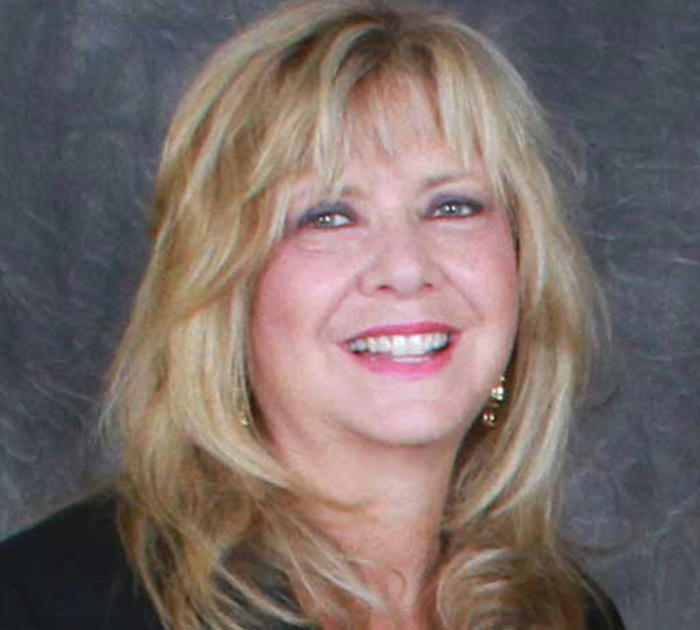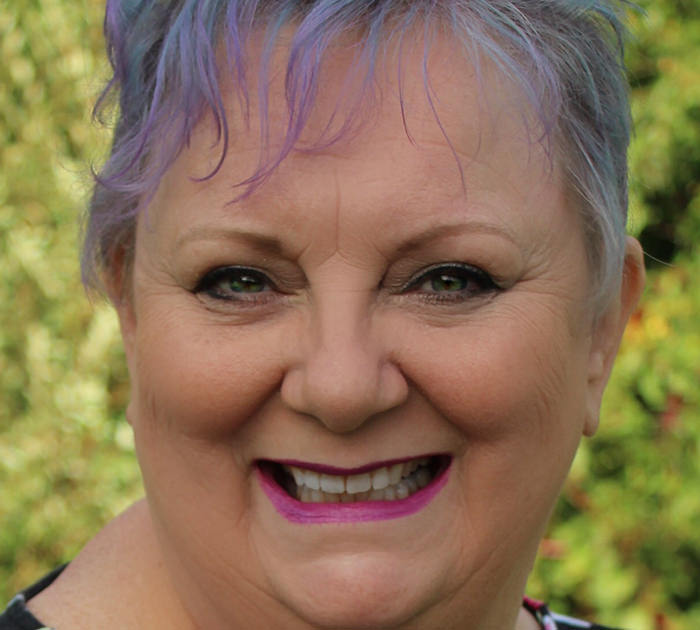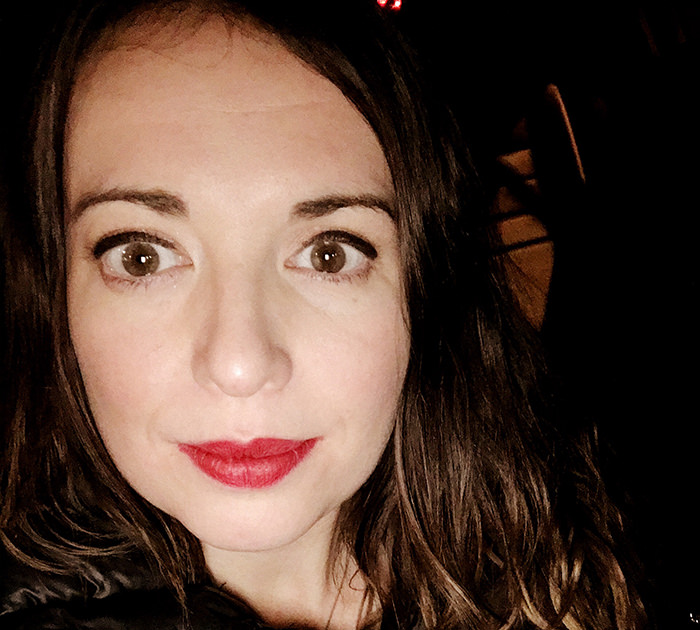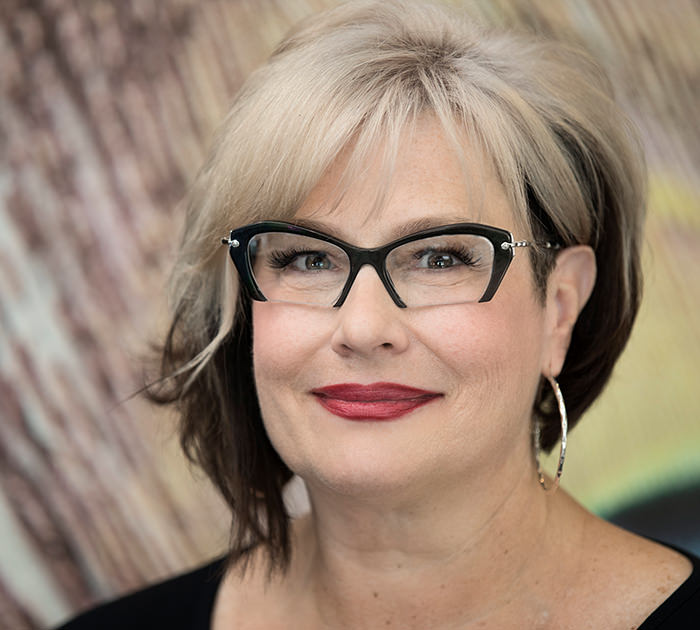Our Board of Directors

Karin Vollrath
President & Teasurer
Occupation: Retired Senior Director of Finance
My mother had breast cancer, and I could never get over watching what it did to her dignity. I remember her telling me how hard it was to look in the mirror, feeling like she was half a woman.
When Zee started the Foundation and asked me to be on the board, I saw it as an opportunity to do a little something to help men, women and children feel better about themselves and immediately wanted to get involved.

Jocelyn Corkhill
Corresponding Secretary | Former President, 2015-2017
Occupation: Retired Aesthetician and Makeup Artist
My favorite quote is, "Be the change you wish to see in the world." Being part of a group of people dedicated to making a difference at the grassroots level means we touch peoples' lives directly. It's the only way true change happens: one person at a time, supported by a small devoted group.

Lisa Rowe
Ambassador
Occupation: Retired Director of Marketing Research
I am a survivor. I am so fortunate to have survived, giving me insight into what life is really about: giving back and helping others! The HAIR TO SHARE FOUNDATION provides those in the midst of fighting an illness with the means for looking better, which ultimately helps them feel better. This Foundation was started and is run by very special, hardworking, dedicated and unselfish people. I share their vision and cherish working with them.

Alli Marino
Secretary
Occupation: Photographer/Designer
My best friend is a breast cancer survivor. She is a force to be reckoned with. Her story is intense and I wish I could've done more. I began with the Foundation back in 2012 as its photographer for the calendar fundraiser. Photographing these individuals was an uplifting experience. I continued to assist the Foundation with the design and production of the calendar for the next several years. Then, in 2015, the board approached me to become a member. I love the concept of this amazing foundation, helping one person at a time.

Dr. Leah Gendler
Honorary Board Member
Occupation: Breast Surgeon
Telling women that they have cancer is a challenge. We diagnose most patients early and the treatments advance every day but telling a woman she will lose her hair during therapy is frequently when the emotions bubble to the surface.
Most people do not want to look sick; they need to put on their game face (and hair) to fight the battle of their lives. They want to look healthy and strong so they see only hope reflected in the faces that surround them. This Foundation provides great wigs that help women face each day confidently and stand up to the challenges they encounter while fighting their disease.

Zee Entrabartolo
Founder
Twenty years ago, my mother-in-law was diagnosed with cancer. She was the first person I knew to
be diagnosed. I'd never personally experienced the devastation of cancer until then.
As my mother-in-law received chemotherapy treatment and began to lose her hair, she needed a
wig. I vividly remember it looking hideous on her. The wig was unattractive and uncomfortable,
and she chose not to wear it more often than
she did wear it.
After being in the field of hair and beauty for 10 years, I wanted to start giving back. That's
what life's all about, right? I'm not a doctor or a researcher; I couldn't do anything to help
battle the disease directly. I just do hair,
but I still wanted to help.
When I made the move from working at a salon to opening my own salon, the idea of having a
portion of the business devoted to wigs was always in the back of my mind. I wanted to make a
difference in people's lives, and I knew that
was a way to do it.
As clients started coming in for wig services, it often wasn't until halfway through the
consultation that they'd realize their insurance didn't cover wigs. A lot of people felt they
had no choice other than to order inexpensive wigs
through the internet that were never as suitable as they would be if they had the financial
means to purchase higher-quality prosthetics. Others approached the American Cancer Society and
accepted one of their wigs. Though the society's donations are very generous, they are not able to offer the custom wig service
patients would receive if they had the finances to go to a salon's wig consultant, and
therefore the wigs often aren't as flattering or well-fitted
as they could be.
Financially limited clients didn't have other options, and that just didn't seem fair. I knew
there had to be a way people could have the same service offered to those whose insurance did
cover wigs, even if theirs didn't.


